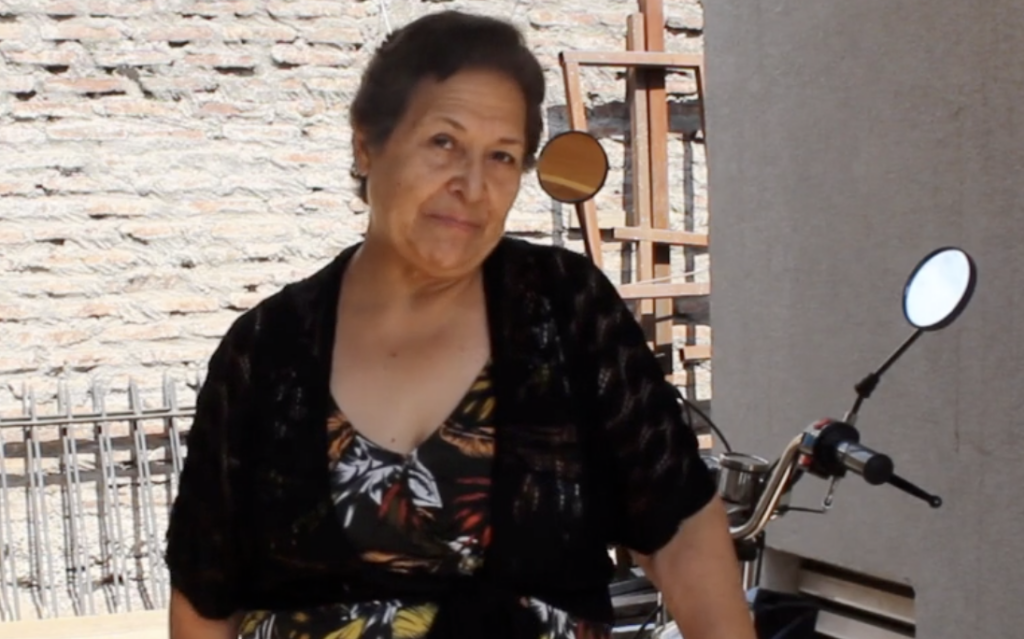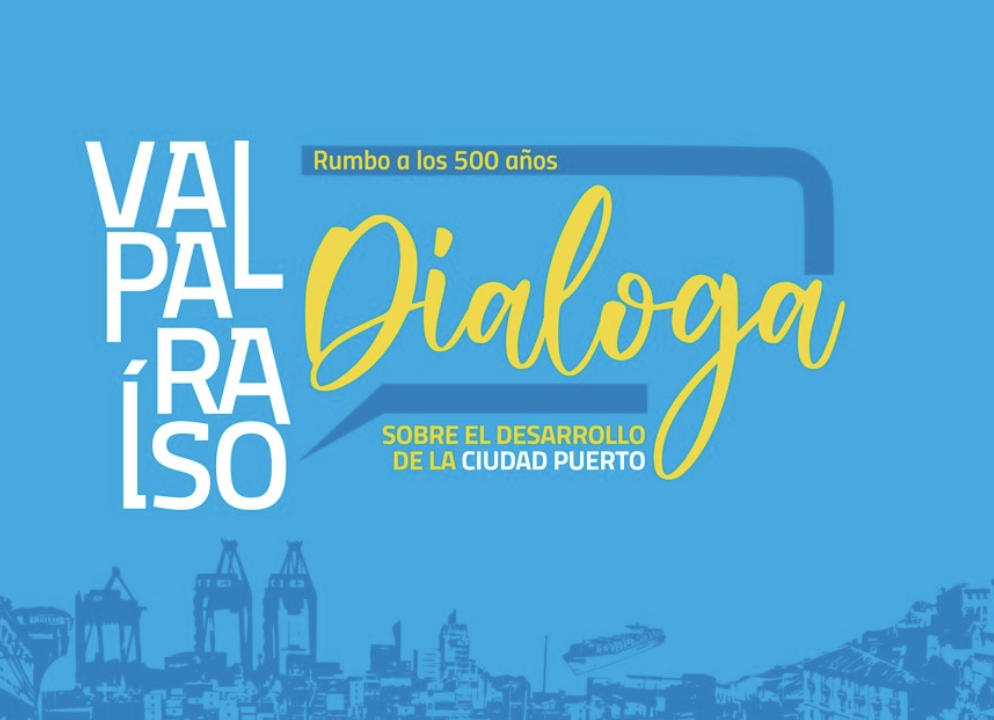As part of the global IHRB project “Building for Today and the Future“, local researchers in eight cities are studying how climate action in the built environment impacts human rights, and identifying examples of innovation that contribute to combined social and environmental outcomes.
Here are the examples of innovation from Valparaiso. Visit the Building Transformation StoryMap for innovation in multiple countries.
The Valparaiso research was conducted by Sebastian Smart and Rodrigo Caimanque.

Consolida: “Tu vivienda en tu barrio” (“Your home in your neighborhood”)
Consolida manages, develops, and builds small family condominiums “Pequeños Condominios”, financed by the housing subsidy of the Solidarity Fund for Housing Choice (part of the Ministry of Housing and Urbanism), on the applicants’ own land. It emphasizes the need for micro-solutions to make the best use of existing urban land. And focuses on ensuring that residents can stay within their existing communities, with their existing social networks.
Housing cooperatives in Chile
Chile has long addressed housing deficits with a subsidy-based system, focusing on the mass production of individually-owned social housing. However given gaps in this strategy’s ability to meet the needs of low-income people, there has been a re-articulation of community movements in the area of housing. These movements involve various groups, including housing aspirants, housing debtors, and disaster victims, who come together with goals of self-management and community-driven solutions.
Housing cooperatives have re-emerged, driven by organisations such as the “Secretaría Latinoamericana de la Vivienda y el Hábitat Popular”, as well as government initiatives. However some cooperatives, like Paihuén (in Valparaiso), still grapple with aspects of collective ownership due to cultural preferences for individual homeownership.
Valparaíso Dialoga
Valparaíso Dialoga is a dialogue promoted by the port of Valparaíso to expand engagement in plans for the expansion of the port and the development of its coast, building on the city’s 500 years of history. The port partnered with Fundación Casa de la Paz (FCP) and the Pontificia Universidad Católica de Valparaíso (PUCV) for the initiative. One of priorities to emerge was to strengthen synergies between the city’s port function and its many other functions, including its cultural heritage, tourism industry and university sector.
The approach looked beyond economic growth, taking into account factors such as identity, access to employment, and environmental sustainability. The approach also had a combined local and global dimension, working to generate local outcomes that reflect international goals and agendas.

